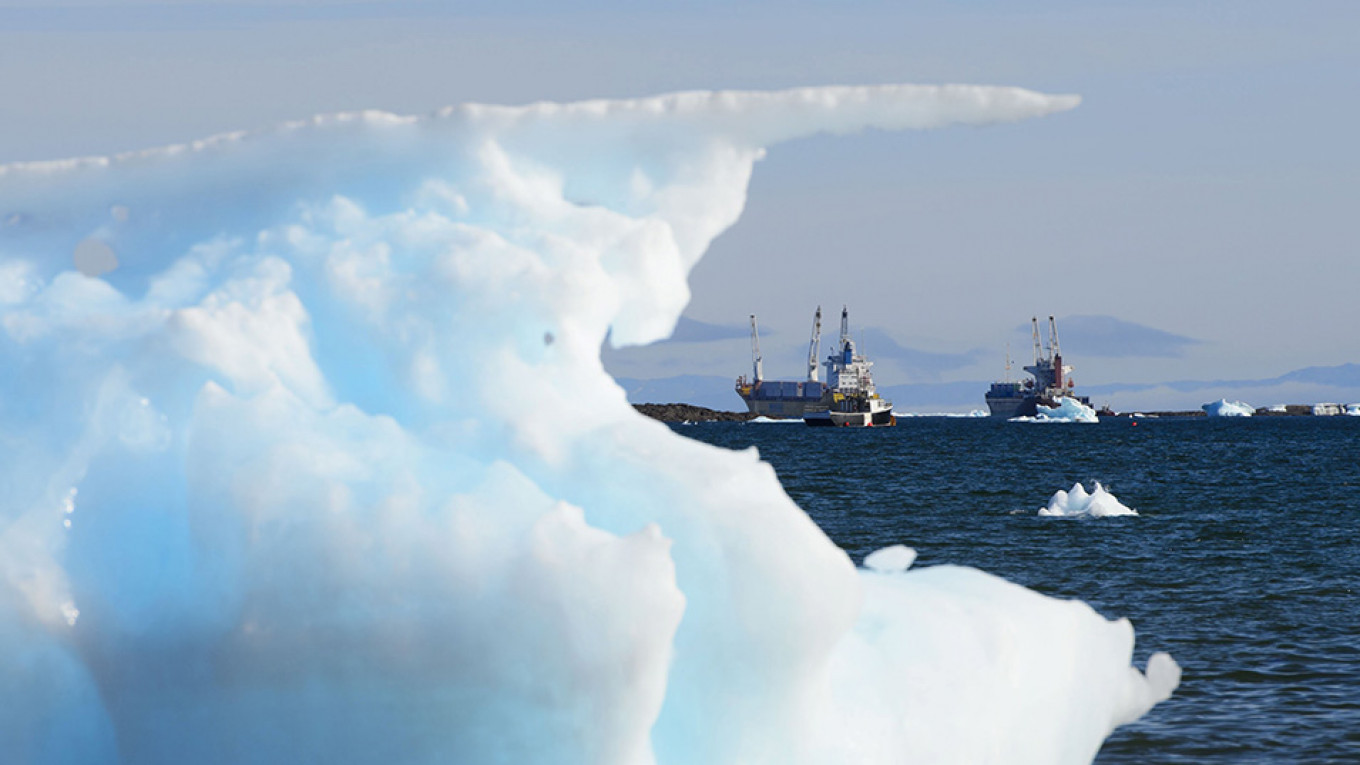
The volume of goods being delivered to and from ports on the Northern Sea Route has never come close to the current level.
According to Nikolay Monko, the acting director of the Northern Sea Route Administration, 31.5 million tons of goods were shipped on the route in 2019. That is an increase of 56.7% over the course of the past year, and 150% over the past two years.
Over the last three years, NSR volumes have hiked by more than 430%. The ship traffic on the route is now several times higher than in the Soviet period. The Soviet-era record was set in 1986, when 6.455 million tons were shipped in the area.
Liquefied natural gas (LNG) constitutes the lion’s share of the transported volumes. A total of 20.5 million tons of LNG were sent out from Yamal’s Sabetta natural gas terminal, Nikolay Monko told TASS. In addition, 1.5 million tons were sent from Nornickel’s Dudinka port on the Yenisey River, and 7.7 million tons from Gazprom Neft’s Novy Port field, news agency Korabel reports.
Transit shipments constitute only a minor share of the goods. In 2019, a total of 697,200 tons were shipped from the east to the west or vice versa on the route, an increase of 42% from 2018. Last year a total of 37 ships made transit voyages across the remote and icy Arctic route.
The Northern Sea Route includes the waters between the archipelago of Novaya Zemlya and the Bering Strait, a distance of about 5,600 kilometers. It is a significant shortcut between markets in Europe and Asia, but for large parts of the year is covered by ice, meaning that ships need icebreaker escorts for maneuvering through the area.
